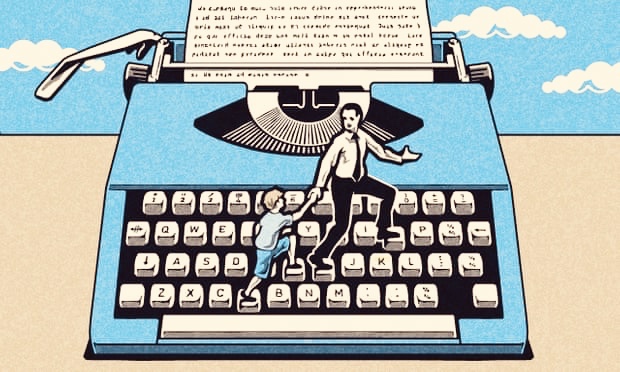With the Union government having notified the recommendations of the Majithia wage board for journalists and other employees, newspaper managements are on a collision course.
The Indian Newspaper Society (INS) has slammed the government go-ahead despite industry representations; at least three newspaper houses have filed cases against it; and insiders say a November 16 meeting of INS was “defiantly unanimous” that newspapers should not implement it, come what may.
Meanwhile, some newspaper managements, like that of the Bombay tabloid Mid-Day (now owned by the Dainik Jagran group) have commenced their own measures to deal with the debilitating economic effects of the implementation of the wage board recommendations by circulating a bond for its journalists to sign.
Point no. 3 reads, inter alia:
“We, therefore, exercise our option to retain our existing salaries and wages of existing emouluments as defined in Majithia wage board award along with all existing allowances of whatsoever nature as well as method of determination and extent of neutralisation of dearness allowance being following by the newspaper extablishment (Mid-Day) year after year, with retrospective effect. We also realise and agree that all such future increments as may be granted by the newspaper establishment (Mid-Day) in respect of pay, allowances and emoulments shall be in our interest and we shall abide by the same.
“Now in witness whereof we being all the employees of newspaper establishment (Mid-Day) in exercise of our option as available under the Majithia wage board, retain our existing payscale and “existing emoulments” including allowances with retrospective effect by affixing our individual signatures hereinbelow.”
M.J. Pandey of the Brihanmumbai union of journalists (BUJ) writes:
“The Mid-Day management has got its staffers to sign a special undertaking that they are not in favour of the wage board and wish to opt out of the award. Last week, the staffers were called in and made to sign the opt-out form individually and on the spot. No copies of this undertaking were given to them.
“All the journalists, who are on contract, have complied. However, the non-journalist employees, who are part of the Maharashtra media employees’ union (MMEU), have refused to sign the undertaking and are awating the implementation of the award.
“It is incredibe that these journalists have made no calculations of the benefits they would have got under the wage board. This wage board, for the first time, brings the wages of non-contract employees on par with the contract employees – especially in larger media conglomerates – and that’s part of the reason for the stiff resistance of the latter to the wage board.”
Image: via Geeta Seshu
Also read: INS: “We reject wage board recommendations”
Media barons wake up together, sing same song
Why Majithia wage board is good for journalists
9 reasons why wage board is bad for journalism









we were not given any option and were forced to sign it. so it is wrong to say that we didn’t calculate benefits etc.
Its a shame that journalists have bowed down to management pressures, whereas non-journalists have stood firmly against signing to opt out of wage board. The journalists definitely had an option to say no ! Unfortunately, most said yes and signed without any protest.
Hi Avertino, you have rightly said. But in our India, All policies are made, change & can be cancel by Policitians. When there is malpractice in any company with employees, whether he is confirmed or contractual, Govt. done nothing against tham only because of to supress, to undisclose their wrongful acts & scandels. finally Power goes win. God bless theim.
[…] newspaper managements found their own way of working around the wage board. Media blog Sans Serif reported that some newspapers like Midday made their employees sign letters in favour of retaining […]
Employees have clearly been harassed or coerced into signing on the dotted line. Journalists are rarely united inside newsrooms, and having watched them, I can vouch for it. Unorganized labour, where workers have barely passed their second grade, have more unity and empathy with each other.
That said, the pressures of life following a punishment transfer or harassment through a variety of well tried methods employed in many newspapers (helpfully called ‘hints’) — direct unwarranted and personal insults, bad behaviour from the higher-ups for small/negligible mistakes, exaggerations or making up errors which do not exist and a sundry other creative ways of harassing an employee — must have given the journalists no other option but to sign up.
I know of at least two newspaper managements who had the temerity to say that their journalistic staff have “fallen in line” by agreeing to endorse their twisted conditions and backdated agreements illegally thrust on journalist employees in violation of the Majithia board recommendations.
What has this profession become? Just a career? My empathies to those who were forced to endorse the greed of their managements. They must have had good reasons (and fears) guiding their actions. And, hats off to those who refused to toe the line.